|
When Indonesia changed its export ban in late April to include crude and refined palm oil, it exacerbated an industry already in crisis. As the leading producer and exporter of palm oil, Indonesia’s ban sent shock waves across global agricultural food markets. Nations that rely on the import of vegetable oils for their cooking needs, like India, Pakistan, Bangladesh and Egypt, felt the ban especially strongly.
Today in The Conversation Canada, Steffi Hamann from the University of Guelph traces the roots of the oil crisis to labour restrictions, climate change and violent conflict. Hamann explains that pandemic-related work restrictions, the destruction of crops by environmental disasters and the Russian invasion of Ukraine have all contributed to the record-breaking high prices of vegetable oil around the world.
Now that Indonesia has lifted the palm oil export ban, Hamann sees an opportunity for the vegetable oil industry to begin the road to recovery. She argues for a number of changes to be made, including new policy measures to keep speculation in check and prioritizing the needs of farmers and consumers over businesses and investors. Lifting the ban is only the first step of many for the industry.
Also today:
|

|
Eleni Vlahiotis
Editor
|
|
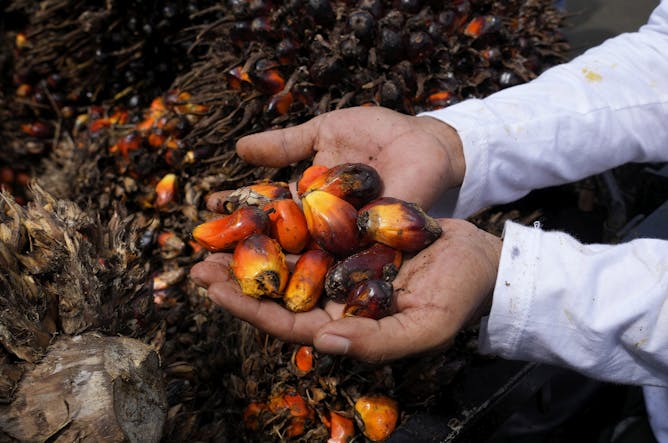
A farmer holds kernels of oil palm fruits in Jakarta, Indonesia, on May 17, 2022. Indonesia, one of the world’s top palm oil exporters has banned exports of cooking oil and its raw materials to reduce domestic shortages and hold down skyrocketing prices since late last month.
(AP Photo/Tatan Syuflana)
Steffi Hamann, University of Guelph
Over the past two years, labour restrictions, climate change and violent conflict have contributed to the record-breaking high prices of vegetable oil around the world.
|
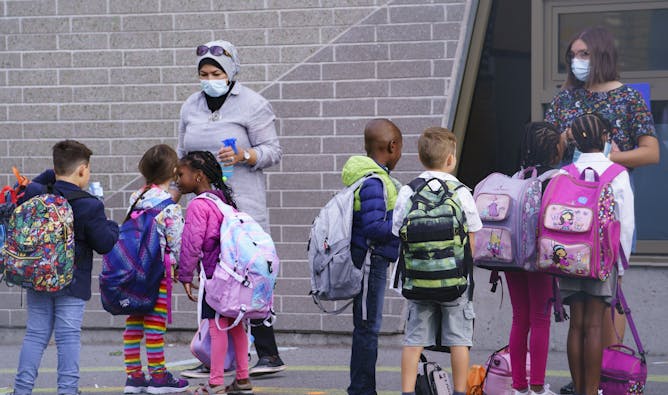
What might schools’ pandemic responses have looked like if principals had been provided with the resources and decision-making abilities they need to serve their communities?
THE CANADIAN PRESS/Paul Chiasson
Kenneth MacKinnon, Western University
Even with ongoing unpredictability of the pandemic, there’s a role for principals as activist, socially just leaders in a post-pandemic world.
|

A photo from a demonstration calling for police accountability and an end to police brutality in Vancouver, in May 2020.
THE CANADIAN PRESS/Darryl Dyck
Kevin Walby, University of Winnipeg; Randy K. Lippert, University of Windsor
The greedy tendencies of police departments help illustrate why public police funding is a major problem today in Canada and the United States.
|
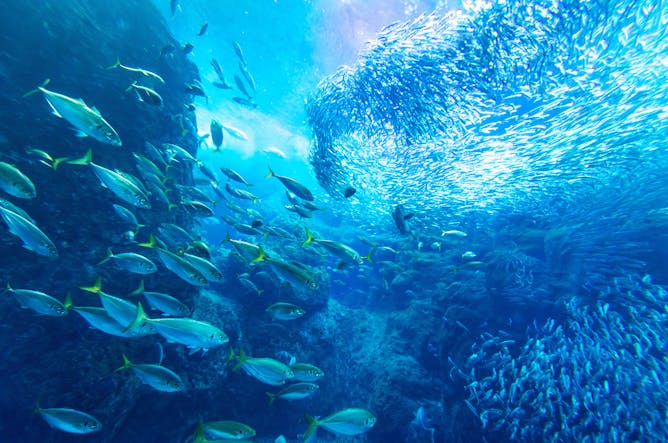
Fish stocks are in decline around the world, in part because of the way we value nature and fail to account for their long-term benefits.
(Shutterstock)
Rashid Sumaila, University of British Columbia
Humans have failed to take good care of the ocean — and the environment at large — because we undervalue its goods and services.
|

Alberta Premier Jason Kenney speaks in response to the results of the United Conservative Party leadership review in Calgary on May 18, 2022.
THE CANADIAN PRESS/Dave Chidley
Sam Routley, Western University
Alberta premiers can become era-defining personalities or quickly cast aside. Jason Kenney’s fall from grace is a vivid illustration of the volatility of the province’s political landscape.
|
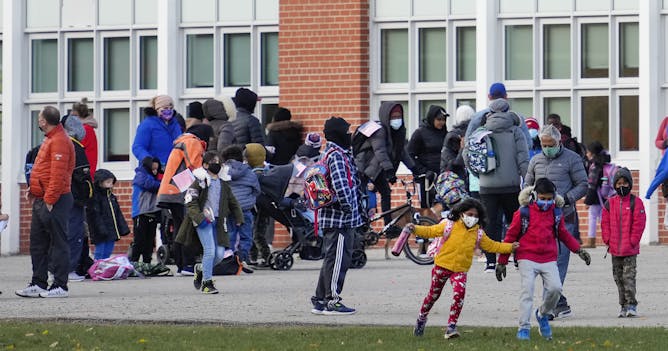
Parent activism for racial justice in schools is parent engagement. How are school boards valuing and supporting this?
THE CANADIAN PRESS/Nathan Denette
Vidya Shah, York University, Canada; Gisele Cuglievan Mindreau, University of Toronto; Nada Aoudeh, York University, Canada
Rethinking accountability structures, how to engage parents and the community and how to support anti-racist leadership competencies all matter.
|
La Conversation Canada
|

La UK Health Security Agency, l’organisme responsable de la protection de la santé publique au Royaume-Uni, s’efforce de trouver la cause de la maladie afin de pouvoir la contrôler et la traiter efficacement.
(Shutterstock)
Mick Bailey, University of Bristol
De nombreux enfants touchés par l’épidémie actuelle d’hépatite grave ont été exposés à des chiens, mais cela ne signifie pas pour autant que ces derniers en sont la cause.
|
Ukraine Invasion
|
-
Mark A. Grey, University of Northern Iowa
Putin has a history of forcing civilians to migrate during a conflict, part of a broader strategy to overwhelm other countries with new refugees and destabilize their economies.
|
|
Arts
|
-
D. Bondy Valdovinos Kaye, Queensland University of Technology
On Sunday, popular American singer-songwriter Halsey shared a video calling out their label for demanding a viral TikTok before releasing a new song. The video went viral.
|
|
Culture + Society
|
-
Joseph P. Laycock, Texas State University
In the 1960s, the Catholic Church sought to downplay demonic possession, but its views since then have changed.
|
|
|
|
|
|
| |
| |
| |
| |
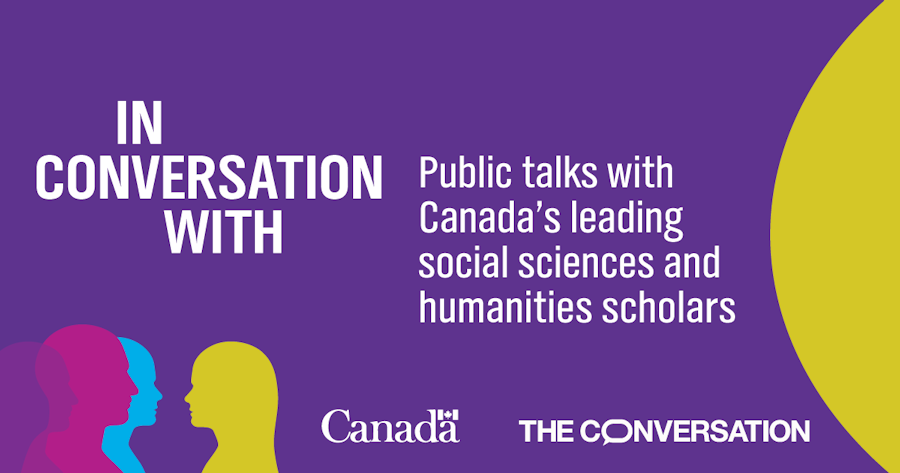
|
| |
| |
| |
| |
| |
| |
|
|